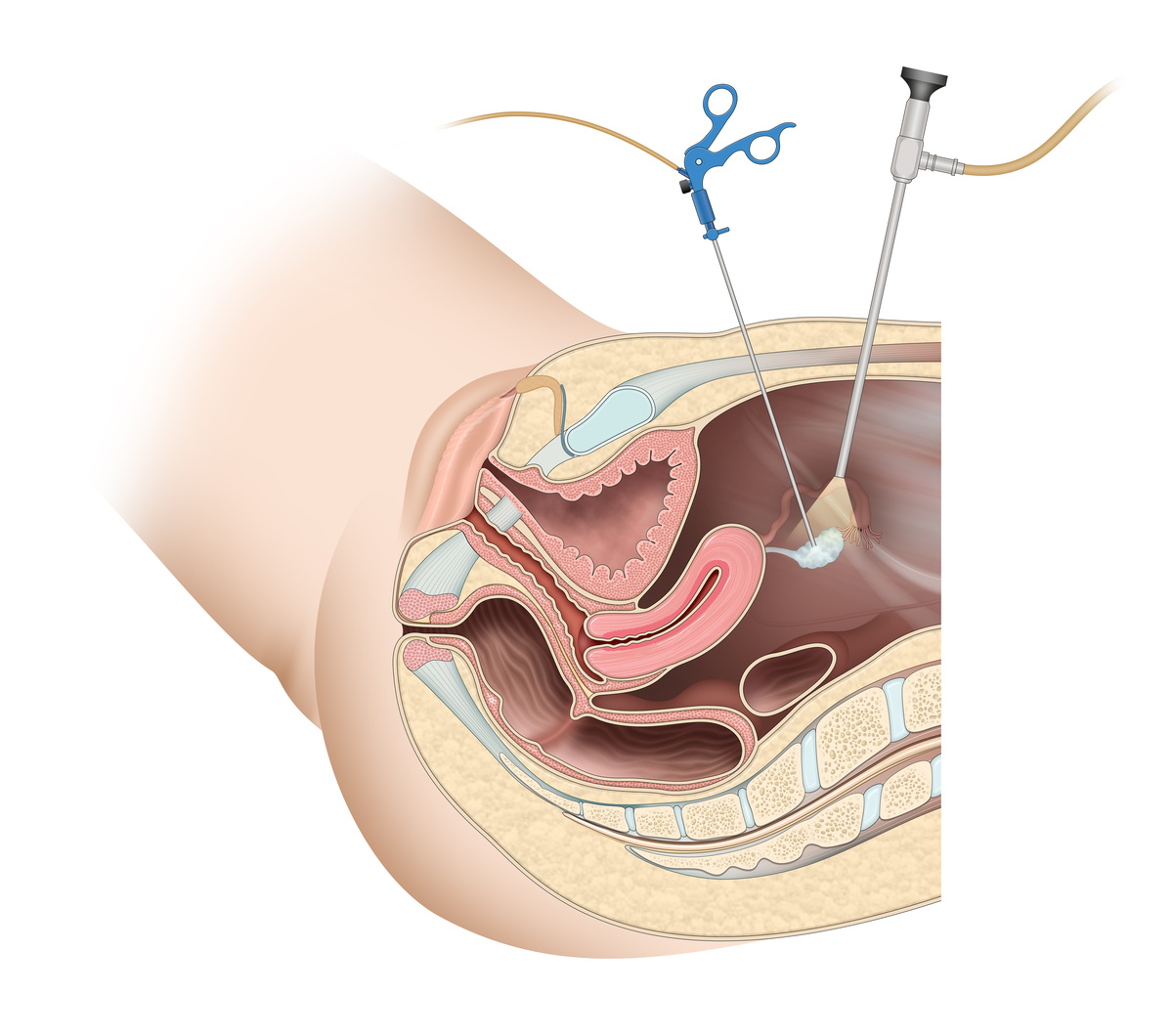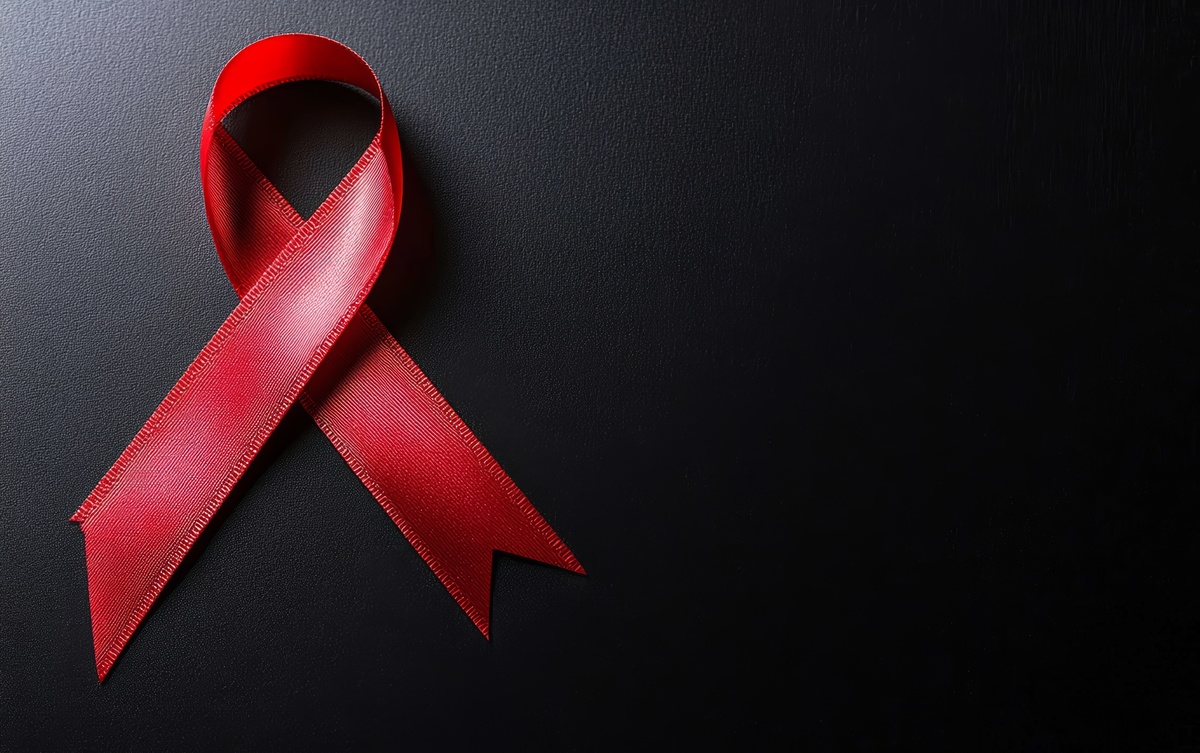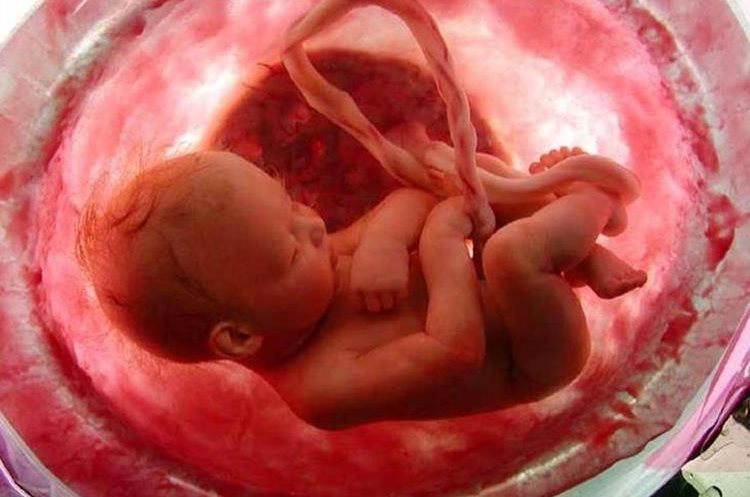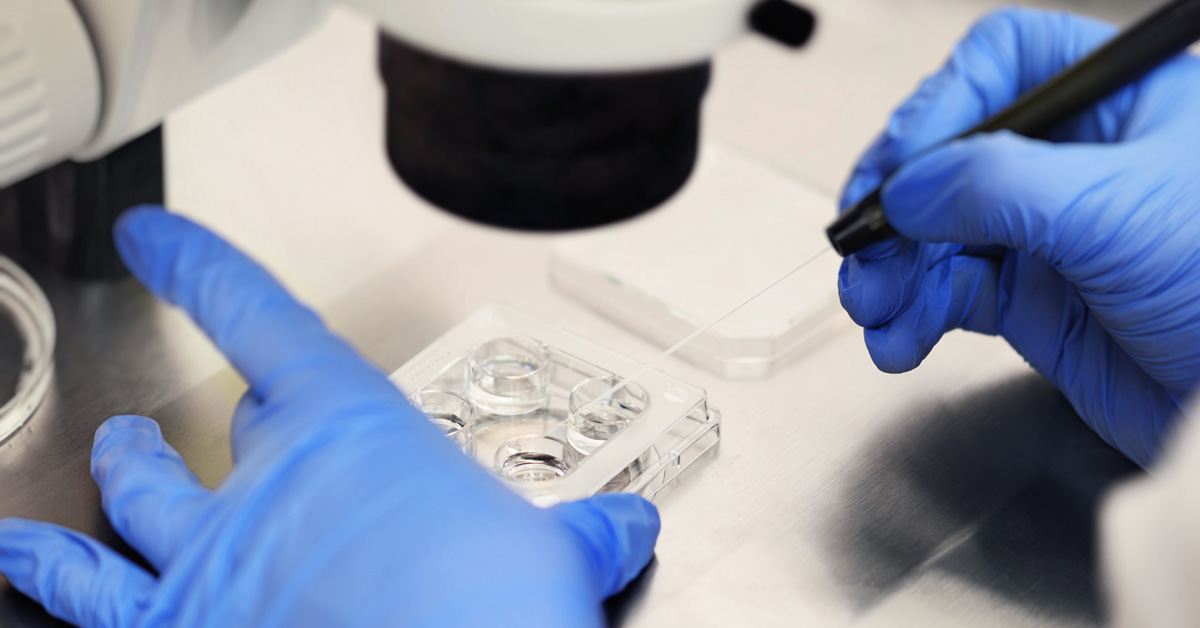Homeopathy Day
Christian Friedrich Samuel Hahnemann founded homeopathy in 1779. The practice of homeopathy arrived in Brazil on November 21, 1840, when the French doctor Jules Benoit Mure introduced it. Since then, Homeopathy Day has been celebrated in Brazil on November 21st.
Homeopathy follows the health-centered care model, placing all dimensions of the individual at the center of this paradigm. Its characteristic is strengthening the patient in their biological capacities for maintaining health and self-care, in addition to promoting the humanization of care.
It also follows the principles of Systemic Physiology and Pathophysiology. That is, all organs and tissues have relationships with each other, and the integral being also relates to the environment in which it lives.
HOMEOPATHY IN THE TREATMENT OF REPRODUCTIVE DISORDERS
The reproductive process is made up of a complex series of events that occur in an orderly and chronological manner. Several factors can interrupt the reproductive cycle, causing infertility or sterility. However, these disorders can be reversed with the use of homeopathic medicines.
REPRODUCTIVE PROBLEMS IN HUMANS
Human fertility problems are increasingly frequent and on the rise in all parts of the world. Therefore, more scientific research is being developed with the aim of treating them. The cause of a couple’s infertility may be due to female, male, or both disorders.
These disorders are widely treated with allopathy. However, it has several disadvantages. Initially, allopathy usually treats the patient’s symptoms without taking into account the individual as a whole, generating undesirable effects. For example, the allopathic treatment of problems caused by menopause is through hormone replacement therapy. Some research shows that this therapy has the disadvantage of increasing the incidence of breast and endometrial cancer in women who used this treatment during menopause.
Additionally, conventional post-treatments for estrogen withdrawal symptoms can cause side effects such as weight gain and vaginal bleeding, dry mouth, constipation, and drowsiness. Homeopathy treats the individual as a whole, which is why homeopathic medicines generally treat the patient definitively without the appearance of new symptoms. This is due to the fact that this therapy is carried out individually, after careful analysis of the patient, taking into account social and emotional factors that could cause the disease. Thus, homeopathy also prevents the appearance of degenerative diseases due to dietary errors or inadequate lifestyle, which contribute to the emergence of allergies, autoimmune diseases, immune deficiency, neurological and psychiatric diseases, psychosomatic disorders, and tumors.
Homeopathy also has the advantage of being easy to administer and less expensive, making it accessible to all classes of the population and improving its quality (2007).
WOMEN’S REPRODUCTIVE DISORDERS
GYNECOLOGICAL PROBLEMS
Gynecological problems are those related to the female reproductive system. The most common causes of these problems are infections, injuries, or hormonal changes. These disorders include pelvic pain, inflammation in the uterus, fallopian tubes, vagina, or vulva, and non-cancerous growths in the uterus, such as fibroids. Other common problems are related to menstruation, such as premenstrual tension (PMS) and pain that appears during menstruation.
A woman with PMS presents several symptoms, such as nervousness, irritability, emotional instability, depression, headaches, edema, and painful hypersensitivity of the breasts, which appear between seven and fourteen days before the start of the menstrual period.
During the treatment of gynecological disorders with homeopathy, the organism is considered as a whole. In this case, both the physical and psychological aspects of the woman are treated.
Regarding the psychological part, homeopathic medicines produced from Natrium muriaticum, Sepia officinalis, and Pulsatilla are being used to treat various symptoms of PMS, such as depression, irritability, and introversion. However, only one controlled study on the effectiveness of homeopathic treatments on the various symptoms of PMS has been published. In this study, the results were inconclusive due to the lack of statistical analysis and a small sample.
Regarding the physical aspect, the medicine Nux vomica or Strychnos nux vomica treats the pattern of back pain before menstruation, cramps, and abdominal pain. Homeopathy has also been very efficient in treating polycystic ovaries, endometriosis, ovarian cysts, uterine fibroids, miscarriages, cervical incompetence, and tubal defects.
In humans, Aurum muriaticum has been used because it has a stimulatory effect on the female reproductive tract. Folliculinum (a homeopathic medicine originating from the ovarian stroma) has been used for many years in reproductive and experimental clinics to treat polycystic ovaries. This medication is also indicated for the treatment of dysmenorrhea, endometriosis, uterine fibroids, and secondary amenorrhea after childbirth.
Other medications used are Luteinun (obtained from the corpus luteum) or Progesteronum (obtained from progesterone). The indications for these drugs in low dilutions are very similar and can be used to treat hyperestrogenia, dysmenorrhea, and endometriosis.
In addition, medications derived from pituitary gonadotropins, important for regulating the menstrual cycle, such as FSH (follicle stimulating hormone) and LH (luteinizing hormone) can be used. In the case of medicines that use FSH at low levels, they are applied to stimulate ovarian follicles and are also widely used in the treatment of infertility. Regarding the high dilutions of these medications, the effect is to reduce follicular growth, being used in the treatment of polycystic ovaries. The low LH medication stimulates the production of steroids in addition to treating infertility and ovulation disorders. It is still possible to observe the use of homeopathic medicines obtained from androgens for the treatment of some cases of dysmenorrhea and hyperandrogenia.
In cases of irregular menstruation or amenorrhea, homeopathic medicines such as Pulsatilla have often been used. Some studies report that homeopathic treatment in women with hormonal disorders and infertility caused significant hormonal changes and normalization of menstruation.
Find out how much homeopathy helps you get pregnant
To what extent the use of herbal medicines and homeopathy can help women who are planning to get pregnant? The answer to this question is somewhat complex. There are no studies that prove the influence of these preparations on fertility. However, according to the gynecologist and obstetrician director of the Center for Human Reproduction at the Paulista Institute of Gynecology and Obstetrics (IPGO), in São Paulo, all complementary treatments that can bring some benefit to assisted reproduction techniques are welcome. “Herbal medicines, acupuncture, homeopathy, that is, any treatment that can help the couple get through this moment, and that does not interfere with the reproduction technique, will be very well accepted”, he explains.
For a specialist in human reproduction and medical director of the Monteleone clinic in São Paulo, the treatments are approved, but with some reservations. “It is not recommended. But, if the person wants to do it, or if they are already undergoing treatment with homeopathy or herbal medicines, it is not contraindicated. However, I will make this couple aware that there are no studies that prove that these auxiliary treatments actually give results,” he reports.
The doctor warns that great care must be taken when using herbal medications. Specialists who care for patients who use these medications must be aware of what is being prescribed because, even if they are natural, the active ingredients can cause side effects. Homeopathic medicines, as they are ultra-diluted, do not present risks to assisted reproduction techniques.
The homeopathic substance is ultra-diluted so that the active ingredient in the medications does not worsen the problem. Imagine prescribing a high dose of a substance that causes a headache in a person who already has the problem. The case will only get worse. It is to avoid the worsening of diseases that the medicine is ultra-diluted.
Homeopathy should be an adjunctive treatment to assisted reproduction techniques. While allopathic medicine (conventional treatments) has its limitations, homeopathy also has them.
Does homeopathy help in Human Reproduction?
Homeopathy can indeed be a valuable aid for human reproduction treatment. At this point, it is necessary to separate what homeopathy is and what it is not. When an herbal tea, or the concentrate of a mixture of plants (“bottled”), is used to attempt pregnancy, homeopathy is not being used. It is simply the use of natural products that, if treated properly, sometimes release substances that can be beneficial and are, therefore, similar to the medicines that are used. So, for example, anise tea is rich in anise, which relieves colic (especially in babies) in a similar way to what allopathic remedies do. This is not Homeopathy; it is Phytotherapy.
In Homeopathy, treatment is carried out taking into account everything that has been occurring with the patient’s health, including fertility problems. The assumption is that the treatment of the patient’s health, as a whole, creates conditions more conducive to the manifestation of fertility. Therefore, there appears to be no specific medicine for fertility but rather a medicine that harmonizes the person’s health. Therefore, it may happen that a homeopathic medicine prescribed for one person is not suitable for another. And, also, for this reason, adequate and specific training for homeopathic doctors is absolutely necessary.
As with all treatments, there are limitations to homeopathic treatment. There are situations in which this treatment has minimal or no chance of reversing the cause of infertility, for example, when there is:
- Obstruction of the tubes, either due to endometriosis or infection (treatment does not unblock the tubes);
- Malformations in the uterus, which prevent or hinder embryo implantation;
- Genetic changes that result in altered sperm and/or eggs unsuitable for fertilization.
However, even on these occasions, the patient may benefit from homeopathy associated with allopathic treatment. If, for example, the tubes are blocked, treatment will be through in vitro fertilization. In this case, the appropriate homeopathic medicine can improve the ovarian response to the hormones administered and also contribute to the uterine conditions for implantation. In any case, the association of these two forms of medicine, when used correctly and competently, is positive for the success of assisted reproduction procedures.
MORE THAN TREATING THE DISEASE, TAKE CARE OF YOUR HEALTH!!







